Description
All knowledge including the most basic, taken for-granted common sense knowledge of everyday reality, is derived from and maintained by social interaction. In their model, people interact on the understanding that their perceptions of everyday life are shared with others, and this common knowledge of reality is in turn reinforced by this interaction. Social structure can also be said to be the framework upon which a society is established. It determines the norms and patterns of relations between the various institutions of the society. Social norms are believed to influence social structures through relations between the majority and the minority. As those who align with majority are considered ‘normal’ and those who align with the minority are considered ‘abnormal’ majority-minority relations create a hierarchical stratification within social structures that favors the majority in all aspects of society. Social theory by definition is used, to make distinctions and generalizations among different types of societies, and to analyze modernity as it has emerged in the past few centuries. Social thought provides general theories to explain actions and behavior of society as a whole, encompassing sociological, political, and philosophical ideas. Social transformation in this context requires a shift in collective consciousness of a society-local, state, national or global – so that reality is refined by consensus. This often happens by external stimulus and sometimes intentionally. Social transformations are such when they sustain overtime where attitudes and values are held in a completely new context (or paradigm) based upon different assumptions and beliefs. Mindset is an “established set of attitudes, especially regarded as typical of a particular group, social or cultural values, the outlook, philosophy, or values of a person, (now also more generally) frame of mind, attitude frecte and) disposition. A mindset may also arise from a person’s world view or philosophy of life, Ideas are just thoughts, but implementing and acting on these ideas in our own lives is what will make it habitual, and allowing a change in mind set. It is emphasized that we should value things that make us happy and are essential to us, rather than value the idea of just having things to have. This mindset has spread among many individuals due to the influence of other people living this lifestyle. The benefits of this lifestyle include more freedom, more time, more pleasure, more life value, and a healthier and greener way of life.
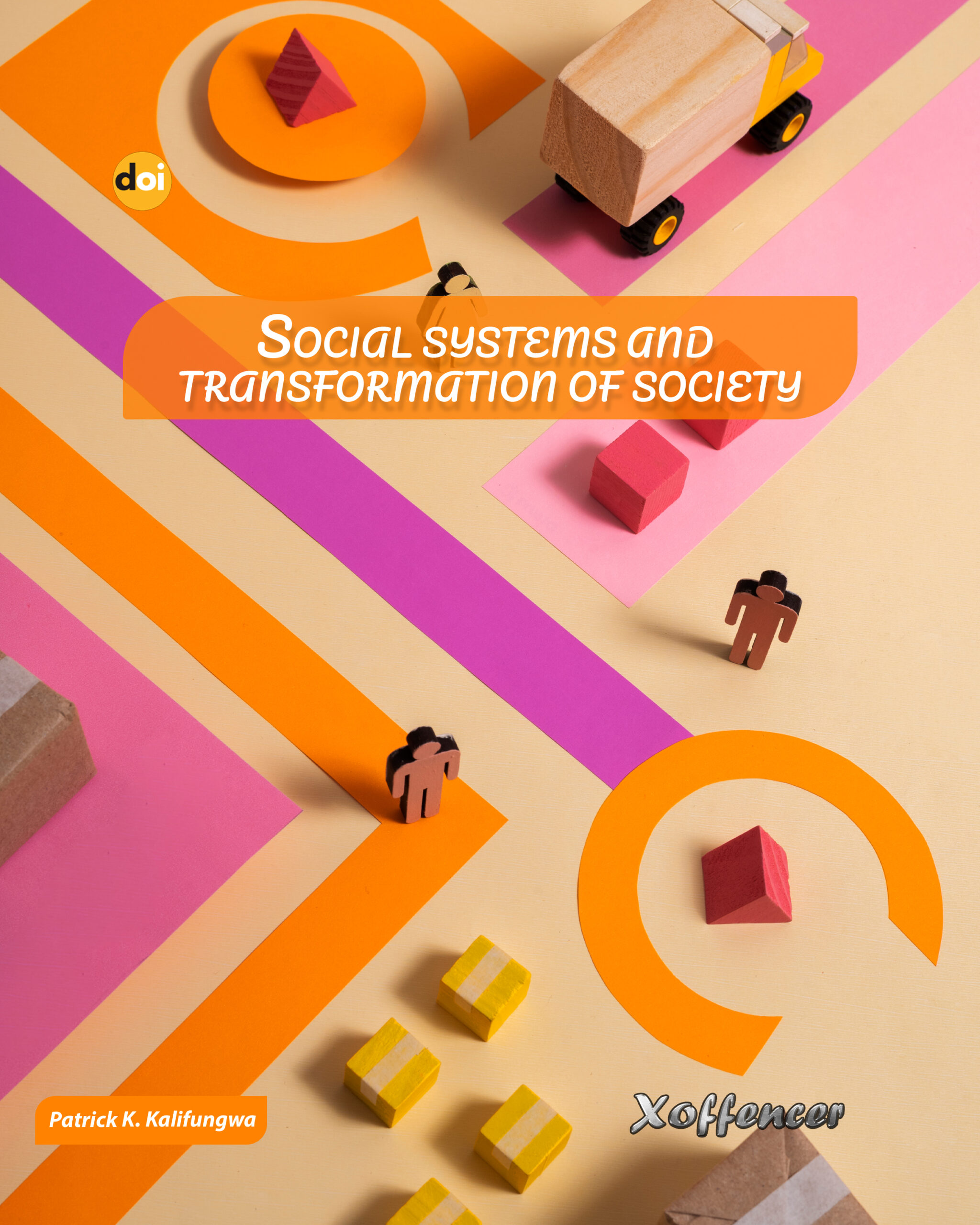
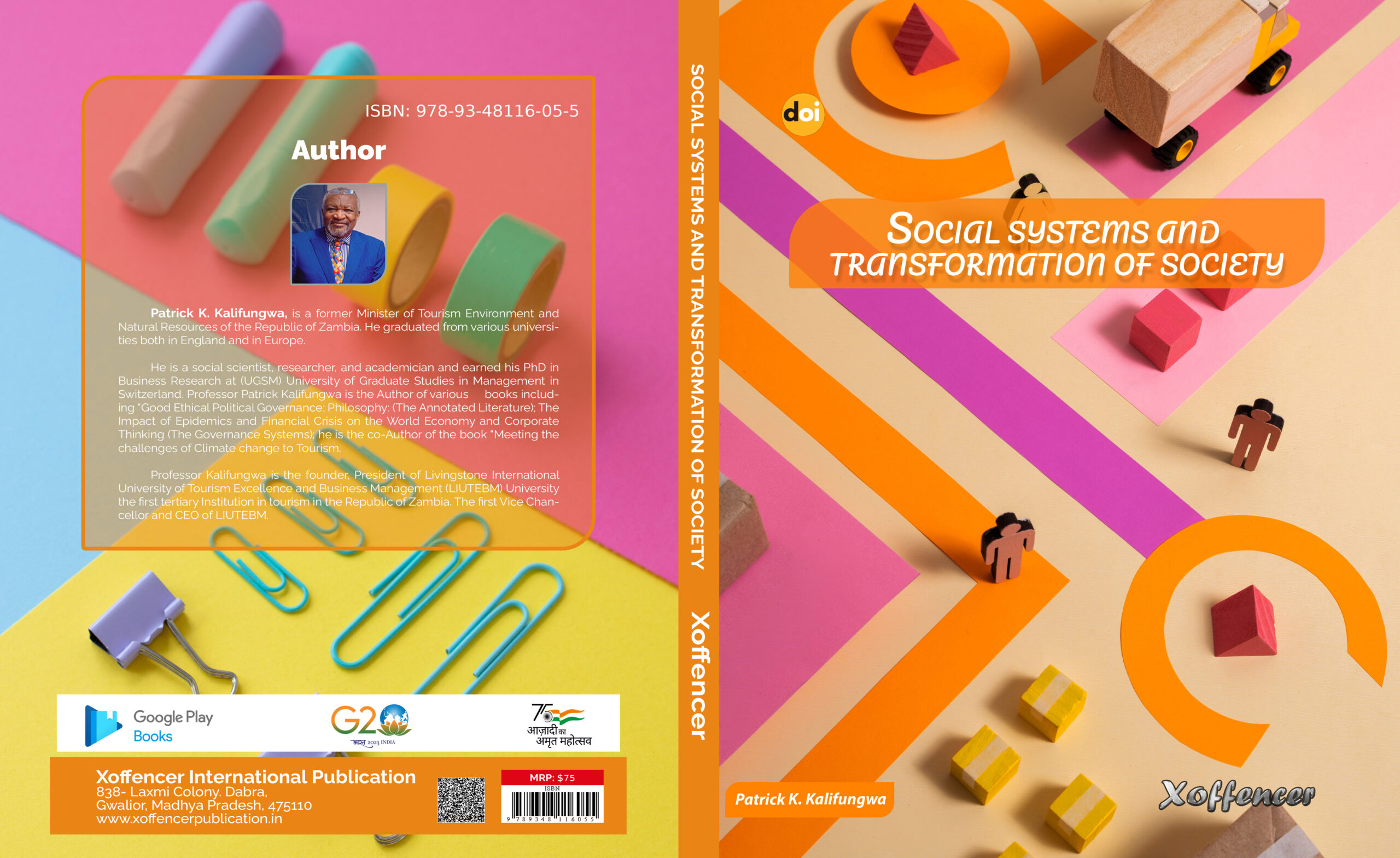


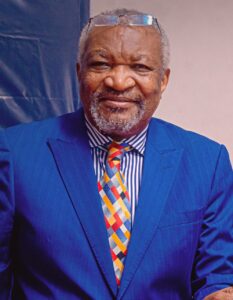
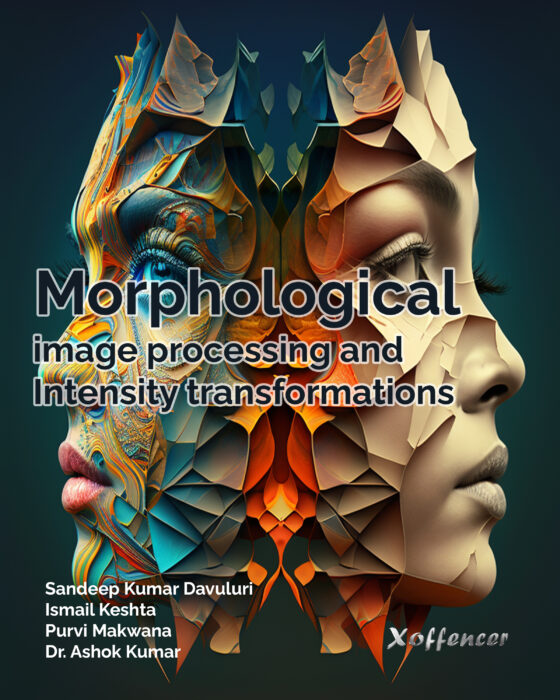
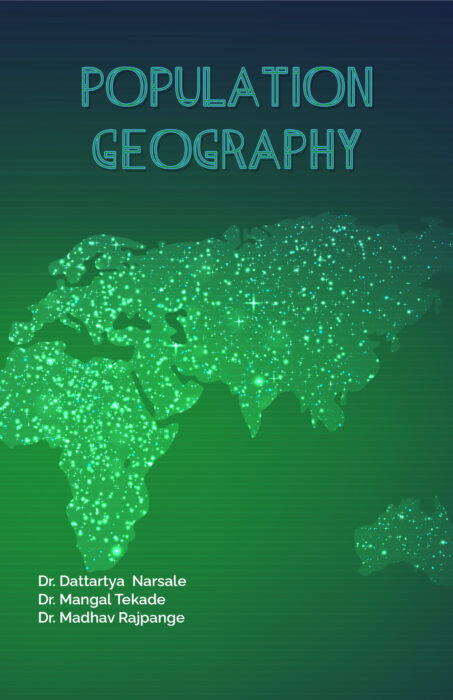


Reviews
There are no reviews yet.